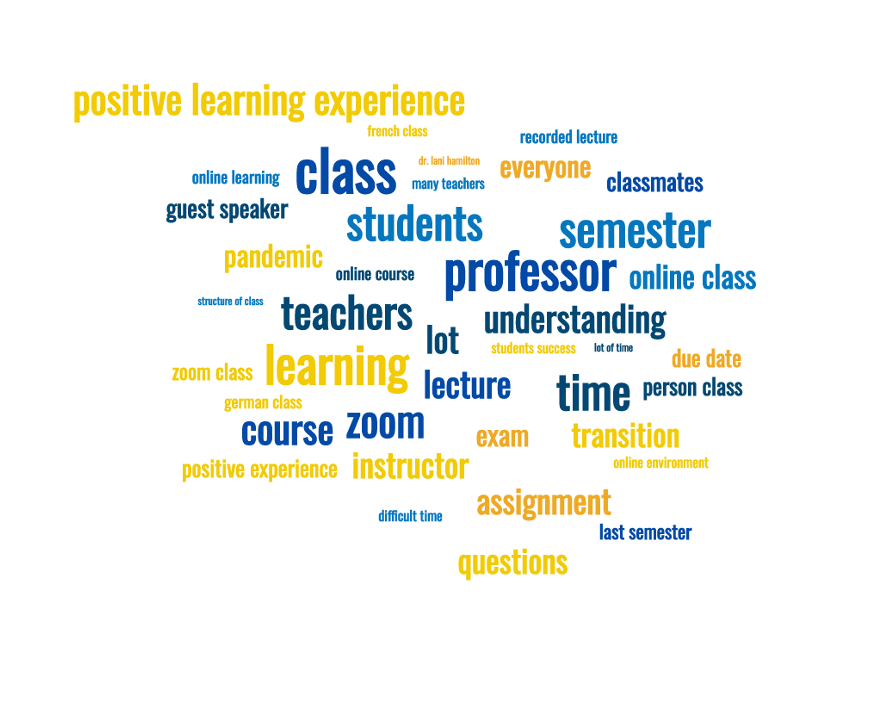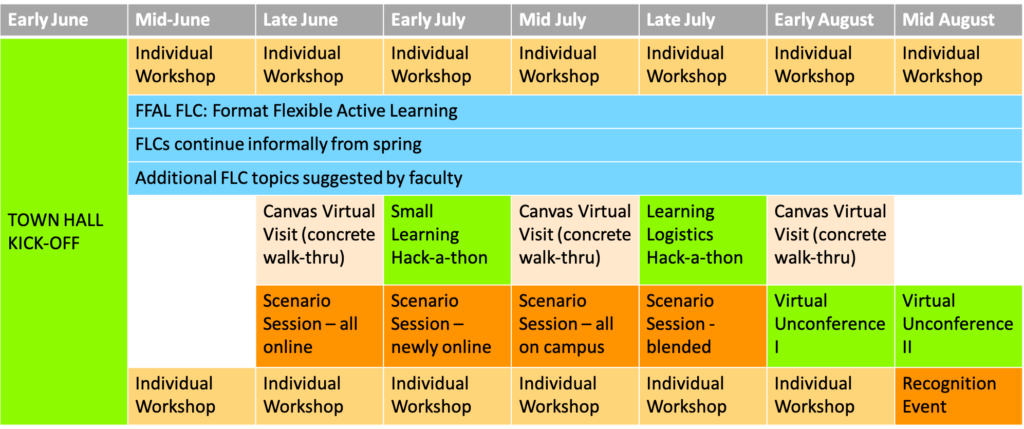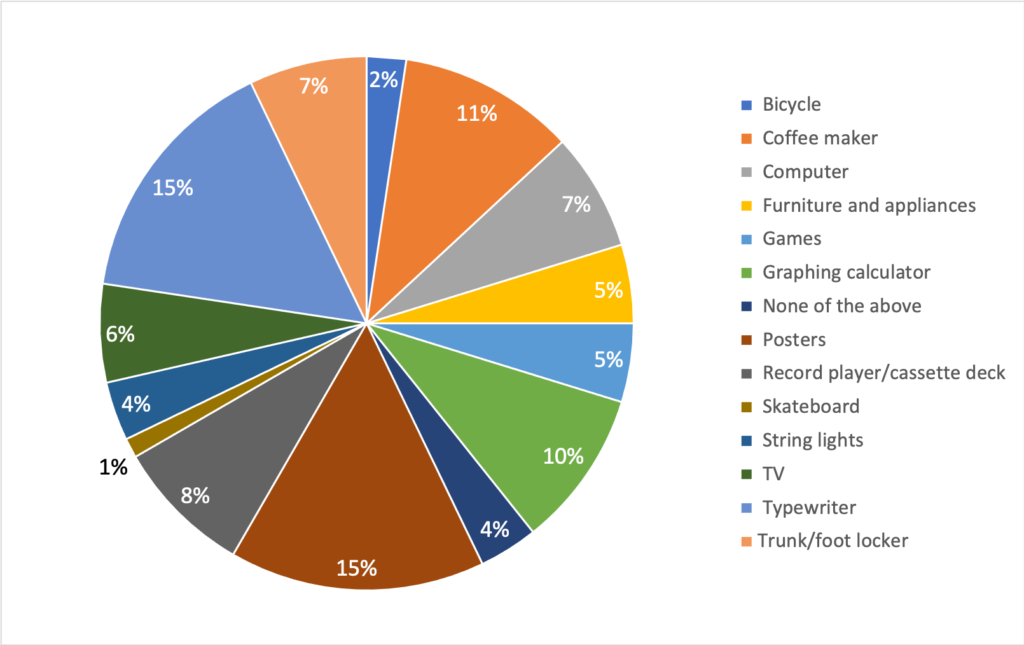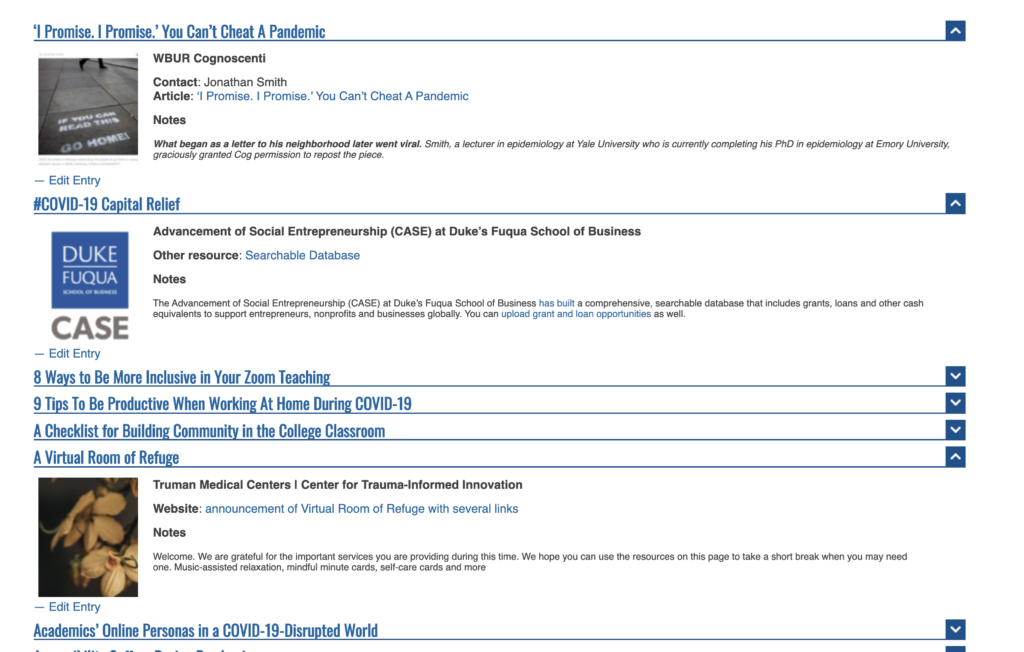The Teaching Evaluation and Teaching Enhancement Task Force asked students and they told us how faculty communicated, offered support, continued to provide the structure of courses amidst uncertainty. This qualitative survey has had over 500 responses where students told their stories. The survey closes at the end of the week.

Representative quotes:
“3 of my professors were very successful in making transitions to online learning. They tried to find the best way to deliver lectures online and kept making positive changes. They bought or brought devices to their remote work location and used them efficiently. They were always open to questions and quick to respond to emails. Though it was hard for everyone to make such transition those professors didn’t complain about how hard it is on their end.”
“A lot of my teachers have been very gracious and supportive during this time and as a student, I really needed that. My most positive experience has been seeing how much some professors truly care about their students and their well-being, rather than grades and success.”
“A lot of the lectures are being held on Zoom. This is very helpful for me because I have the confidence to speak up now that we have the option to post our comments, questions, and concerns in the chat bar rather than having to speak up in front of 100 students in a lecture room. Also, for one of my classes, the lectures are recorded which is so helpful in referring back to when completing assignments.”







